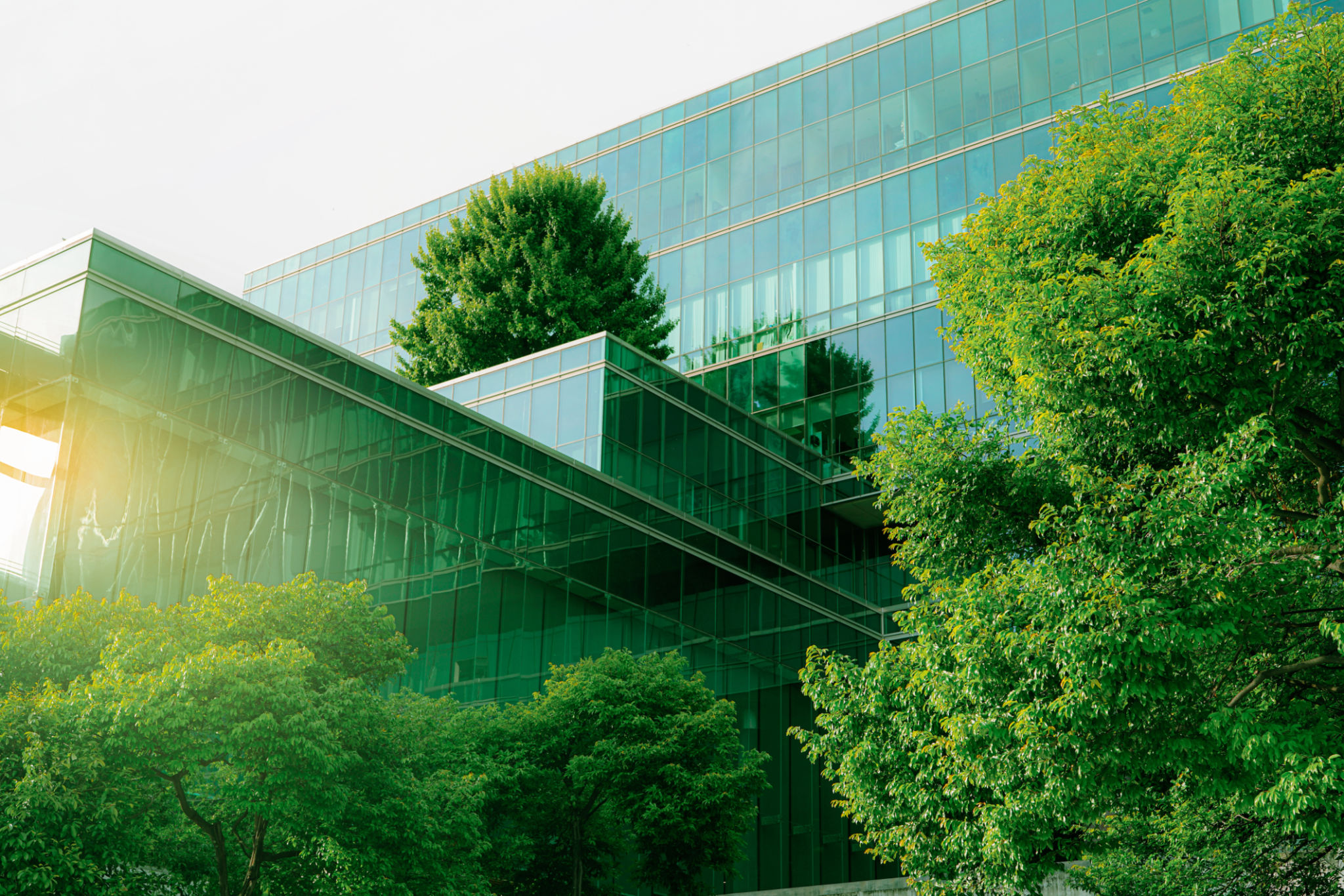The Benefits of Commercial to Residential Conversions in the UK
Understanding the Shift: Commercial to Residential Conversions
The trend of converting commercial properties into residential spaces is gaining traction in the UK. This shift is driven by several factors, including changing economic landscapes, evolving urban needs, and the growing demand for housing. Such conversions not only help in meeting the housing shortage but also in revitalizing urban areas that have seen a decline in commercial activity.
As more businesses adopt remote work models, traditional office spaces are left underutilized. By repurposing these properties, developers can create vibrant residential communities that breathe new life into previously stagnant areas.

Economic Benefits of Conversions
The economic advantages of transforming commercial spaces into residential units are significant. Firstly, these conversions often require less capital compared to new constructions. Developers can save on costs related to land acquisition and foundational work, making the projects more financially viable.
Moreover, these projects can stimulate local economies by increasing property values and attracting new residents who contribute to the community's vibrancy. The influx of people can lead to increased demand for local services, boosting businesses and creating job opportunities.

Incentives and Policy Support
The UK government has introduced policies to encourage these conversions. Permitted development rights allow certain changes to be made without full planning permission, expediting the conversion process. Such incentives are crucial in addressing the housing crisis by streamlining the transformation of underused commercial properties.
Environmental and Social Impacts
Commercial to residential conversions also offer environmental benefits. Repurposing existing structures reduces the need for new construction materials, thereby minimizing environmental impact. This sustainable approach aligns with global goals to reduce carbon footprints and promote eco-friendly urban development.

Socially, these conversions contribute to creating diverse and inclusive urban communities. By transforming unused commercial spaces into affordable housing, developers can cater to a wider demographic, fostering a sense of community and social cohesion.
Challenges and Considerations
Despite the advantages, these conversions are not without challenges. Developers must navigate issues such as zoning regulations, building codes, and potential resistance from local residents. Additionally, ensuring that converted spaces meet modern living standards in terms of comfort and safety is essential.
Addressing these challenges requires careful planning and collaboration with local authorities and stakeholders to ensure that projects meet both regulatory standards and community needs.

The Future of Urban Living
As urban landscapes continue to evolve, commercial to residential conversions will play a pivotal role in shaping the cities of tomorrow. By transforming underutilized spaces into thriving residential areas, these projects offer a sustainable solution to urban housing challenges while revitalizing communities.
The ongoing success of such initiatives will depend on innovative design, supportive policies, and a commitment to sustainable development, ensuring that future generations can enjoy vibrant and resilient urban environments.
